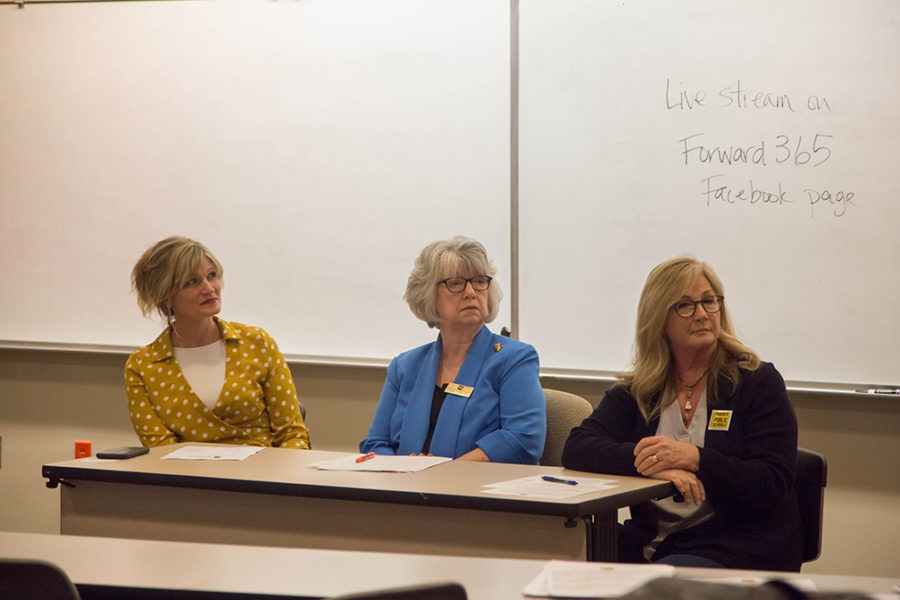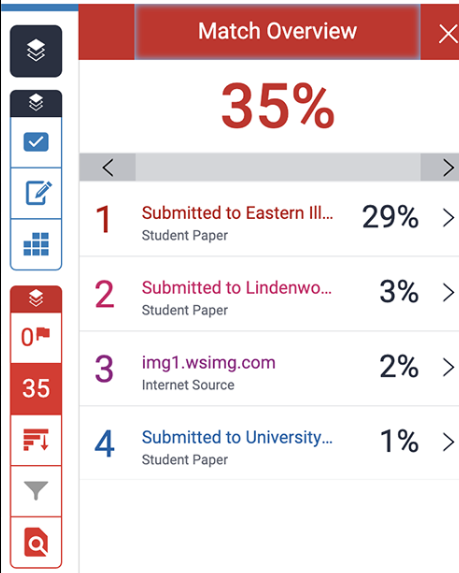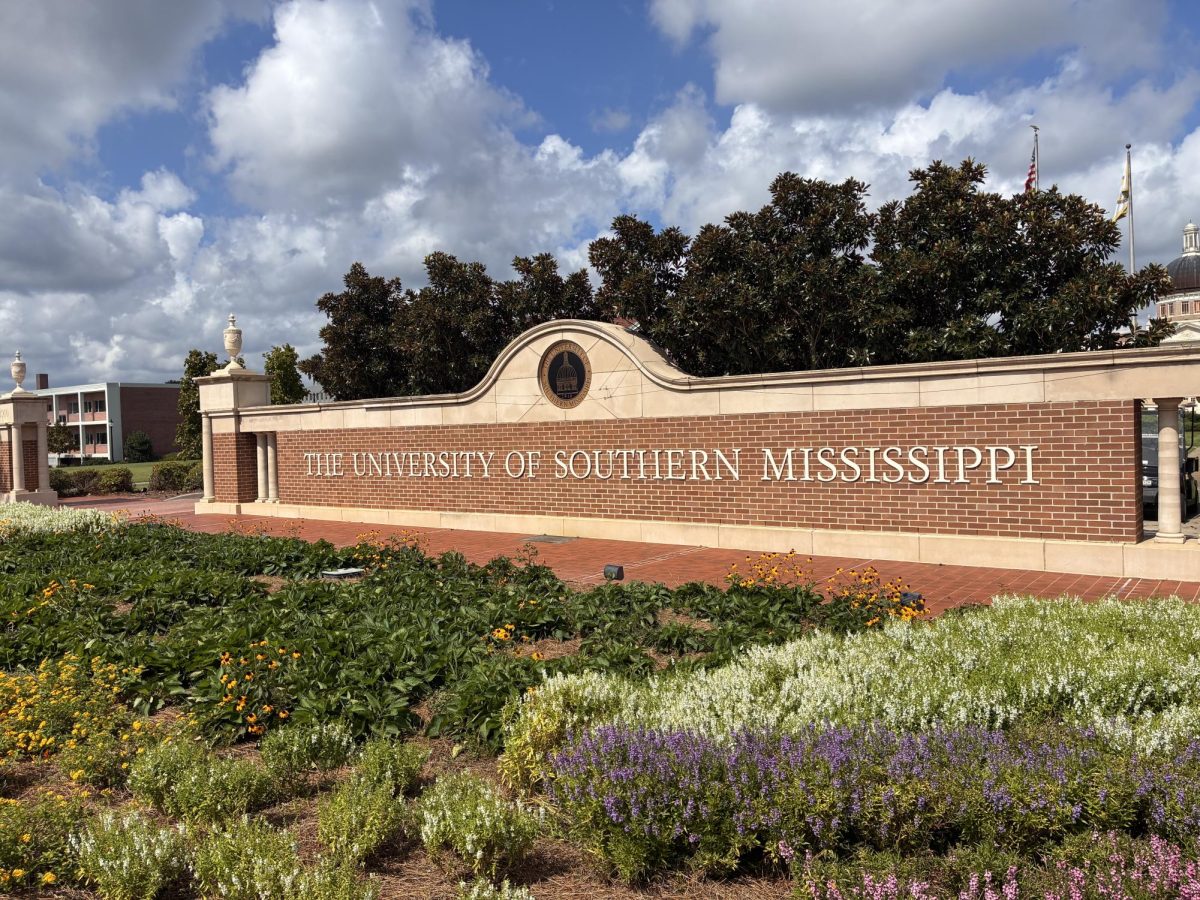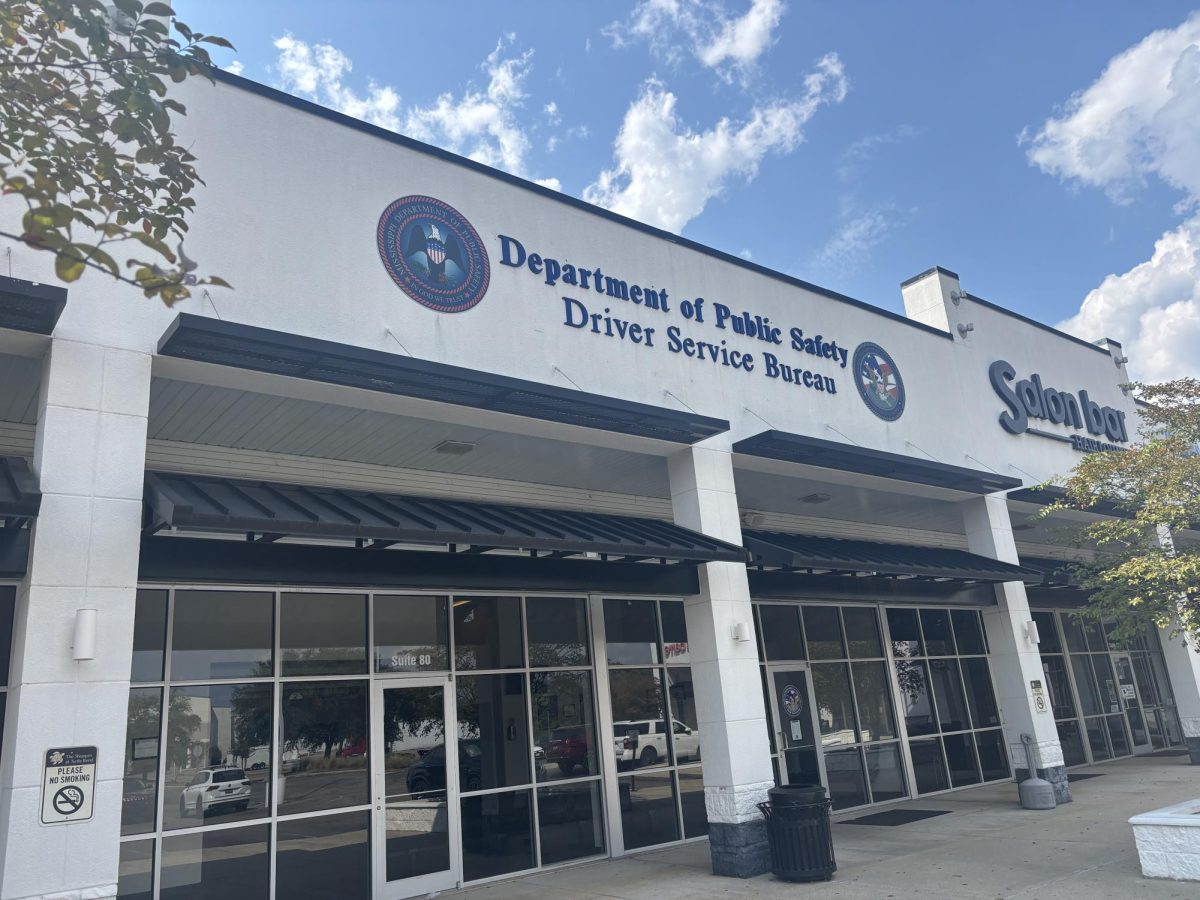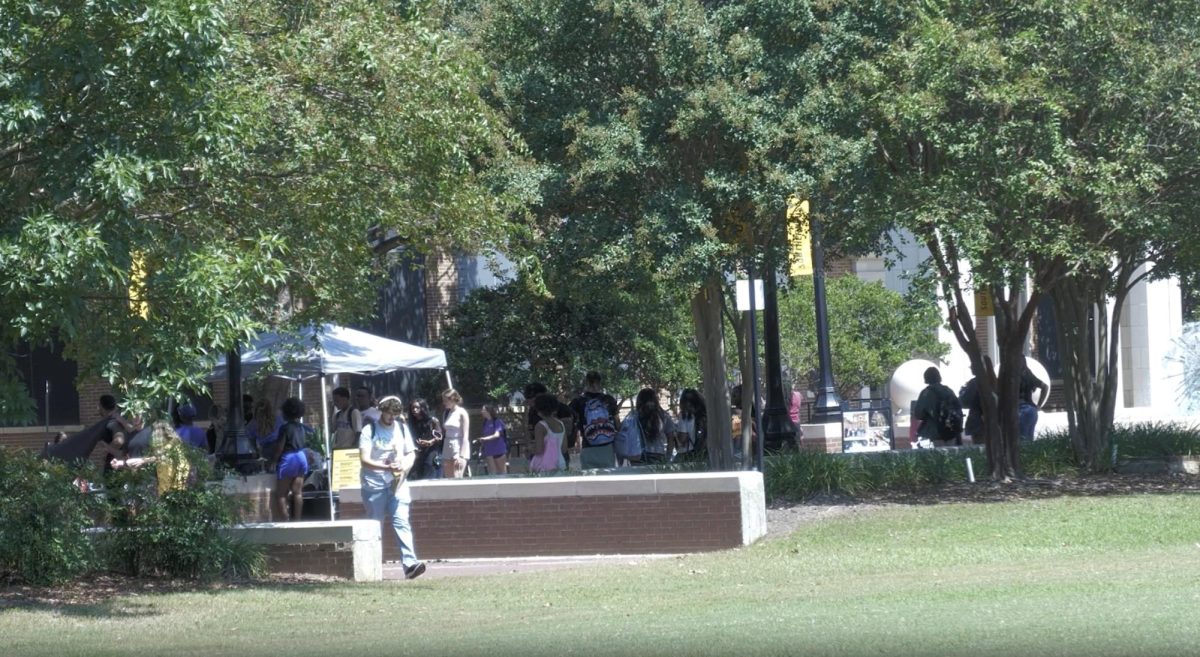The Southern Miss School of Social Science and Global Studies hosted the Future of Education in Mississippi in the Liberal Arts Building, where members of three different public education advocacy groups gave insight into the issues regarding public education in Mississippi on March 25.
Representatives from the Mississippi Association of Educators, Mississippi Public Education PAC and Parents for Public Schools were present for the discussion.
The representatives talked about Mississippi’s t teacher shortage first.
President of MAE Joyce Helmick highlighted a decrease in teaching licenses. Helmick said in 2000 the National Department of Education issued over 7000 teaching licenses in Mississippi while in 2017 only about 630 licenses were issued.
Helmick said not every person who gets licensed ends up teaching either because they can’t find a job in their desired area or because they can earn more money in another state. She also addressed the idea that this shortage only affects some areas of Mississippi.
“I am from Desoto County,” Helmick said, “At the beginning of each year since I have become President of the MAE and left that district, I’ve had phone calls from the county office saying, ‘Can you help us find Special Ed. Teachers? Can you help us find math and science teachers?’ This is in Desoto County, which is the largest district in the state. If it’s there, then it’s everywhere.”
Another issue that was brought up was the lack of funding for Mississippi public schools.
According to a handout provided by Becky Glover, the Community Coordinator of Central Southeast Mississippi for Parents for Public Schools, the Hattiesburg School District’s state funding is $1,947,824 below the amount required by state law for the 2018-2019 school year. The handout highlights this along with four other school districts throughout the state that have similar numbers. Glover said that there is good news to come with this grim situation, however, because the money is there to close this gap.
“Money that we’ve already paid in state taxes is available if we just force the legislature to start prioritizing education instead of other things,” Glover said. “They’ve given away over $400 million in tax credits and tax incentives at the same time that our schools are underfunded by $239 million. They could’ve fully funded our public schools without raising state taxes and still had 160 million of our hard-earned tax dollars to give away in tax credits and incentives. So, the money is there, and that’s good news.”
Leslie Fye, a board member of the Mississippi Public Education PAC, offered advice to those who want to take part in the positive change in regards to these issues. She said the best things to do are to follow education advocacy organizations on social media, be informed on news in the state legislature and to reach out to lawmakers and communicate these concerns.
“As a PTO mom, I cooked a bunch of cookies and cupcakes, and I chaperoned. But I had no clue what was going on in Jackson,” Fye said. “It is imperative that we understand what’s going on and also that we hold our lawmakers accountable. But we also need to let them know our concerns during the legislative session, not just during election season.”
For more information on these organizations, you can go to their websites or find them on Facebook.






















